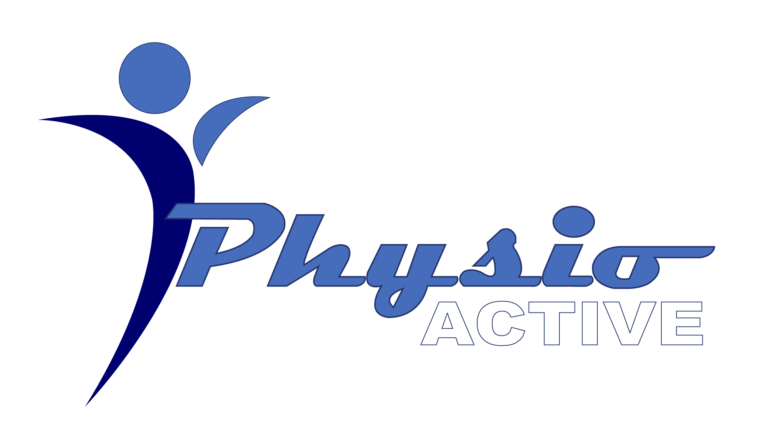Arthritis Physiotherapy
Arthritis physiotherapy, also known as physical therapy or rehabilitation, is a branch of healthcare that focuses on the assessment, treatment, and management of arthritis-related conditions. Visit the Best Physiotherapy Clinic in Delhi. Arthritis refers to inflammation of the joints, which can cause pain, stiffness, and reduced mobility. Physiotherapy plays a crucial role in helping individuals with arthritis improve their quality of life, manage pain, and maintain functional independence.

Here are some key aspects of arthritis physiotherapy:
Assessment:
A physiotherapist will assess your condition by evaluating your symptoms, joint range of motion, muscle strength, functional abilities, and overall physical fitness. This assessment helps them develop an individualized treatment plan.
Pain management:
Physiotherapists employ various techniques to manage pain associated with arthritis. These may include manual therapy techniques, such as joint mobilization and soft tissue massage, as well as the use of heat or cold therapy, electrical stimulation, or ultrasound.
Exercise prescription:
Regular physical activity and exercise are crucial for people with arthritis. A physiotherapist will design an exercise program tailored to your specific needs, taking into account your joint limitations and overall fitness level. These exercises may include range of motion exercises, strengthening exercises, cardiovascular exercises, and low-impact activities like swimming or cycling.
Joint protection techniques:
Physiotherapists educate individuals about joint protection techniques, which involve adopting proper body mechanics and using assistive devices to minimize stress on the affected joints. They may also provide advice on modifying daily activities to prevent further joint damage. Book your appointment today now in the best Physiotherapy Clinic in Delhi.
Assistive devices and orthotics:
Physiotherapists may recommend and assist in the use of assistive devices like canes, walkers, or splints to support joint function and improve mobility. They may also assess and prescribe orthotics or specialized footwear to provide better joint alignment and alleviate pain during weight-bearing activities.
Education and self-management:
Physiotherapists educate individuals about arthritis, its management, and strategies for self-care. They may provide guidance on managing flare-ups, using hot or cold packs, incorporating rest periods, and maintaining a healthy lifestyle through proper nutrition and weight management.
Physical modalities:
In some cases, physiotherapists may use additional physical modalities like electrical stimulation, ultrasound, or laser therapy to complement the treatment and promote pain relief, reduce inflammation, and enhance tissue healing.





